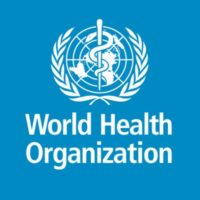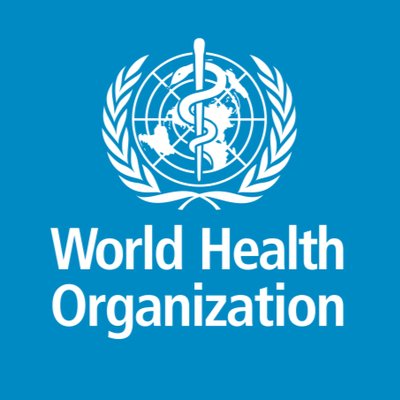Cannabis Industry Journal is pleased to announce our partnership with Pioneer Intelligence on this new series of articles. This is the first installment of The Brand Marketing Byte.
![]() Pioneer Intelligence uses data to benchmark marketing performance of consumer-facing cannabis brands across three areas: social media, earned media and web-related activities. At present, Pioneer takes in over 60,000 data points each week. The company’s team of marketers and data scientists share findings through weekly generated Performance Scorecard reports as well as Brand Marketing Snapshots. Pioneer Intelligence offers reports on more than 500 U.S. cannabis brands. Ben Walters, founder of Pioneer Intelligence, says their mission is “to help cannabis industry stakeholders better understand how marketing strategies & tactics resonate with audiences.”
Pioneer Intelligence uses data to benchmark marketing performance of consumer-facing cannabis brands across three areas: social media, earned media and web-related activities. At present, Pioneer takes in over 60,000 data points each week. The company’s team of marketers and data scientists share findings through weekly generated Performance Scorecard reports as well as Brand Marketing Snapshots. Pioneer Intelligence offers reports on more than 500 U.S. cannabis brands. Ben Walters, founder of Pioneer Intelligence, says their mission is “to help cannabis industry stakeholders better understand how marketing strategies & tactics resonate with audiences.”
The Brand Marketing Byte will showcase highlights from Pioneer Intelligence’s Cannabis Brand Marketing Snapshots, featuring data-led case studies covering marketing and business development activities of U.S. licensed cannabis companies. We hope this column can serve as a resource for readers interested in branding and marketing.
In terms of scoring methodology, Pioneer Intelligence’s reporting favors “heat” over “strength” as the company prioritizes “relative change” above “absolute position.” This means that, for example when talking about social media audience size, they don’t just score brands based on the number of followers, but they also score audience growth. In fact, Pioneer’s algorithms put more value in growth figures than actual number of followers. For more insight on their methodology, along with a weekly updated index of the hottest brands, visit their website here.
Without further ado, here is a data-led, shallow dive on the California brand, Legion of Bloom:
Legion of Bloom – Content Strategy
Legion of Bloom (LOB) was founded in Northern California in 2015 when five independent growers joined forces. As one of the more widely recognizable brands in the region, they produce craft, high-quality cannabis products and are well known for their vape cartridges. The company has superior genetics and sustainable practices, which they capitalize on in their marketing efforts.
 LOB has invested heavily in generating content, which appears to be fruitful. Their website has an in-depth introduction to terpenes for consumers and they utilize their blog section well with a high volume of quality content throughout the second half of 2019. It’s worth mentioning their website features full laboratory test results for all of their products, highlighting their commitment to transparency, consumer trust and brand recognition. Through looking at a few key metrics like indexed keywords, site strength and visit duration, it is apparent that LOB has increased their audience engagement significantly.
LOB has invested heavily in generating content, which appears to be fruitful. Their website has an in-depth introduction to terpenes for consumers and they utilize their blog section well with a high volume of quality content throughout the second half of 2019. It’s worth mentioning their website features full laboratory test results for all of their products, highlighting their commitment to transparency, consumer trust and brand recognition. Through looking at a few key metrics like indexed keywords, site strength and visit duration, it is apparent that LOB has increased their audience engagement significantly.
All of those factors combined, LOB has used a variety of content tools to grow their website consistently and sustainably, earning them #38 spot on last week’s Pioneer Index, a ranking of the hottest U.S. cannabis brands.






























